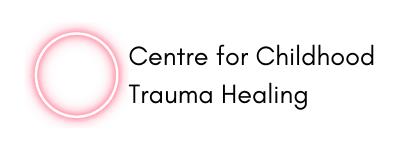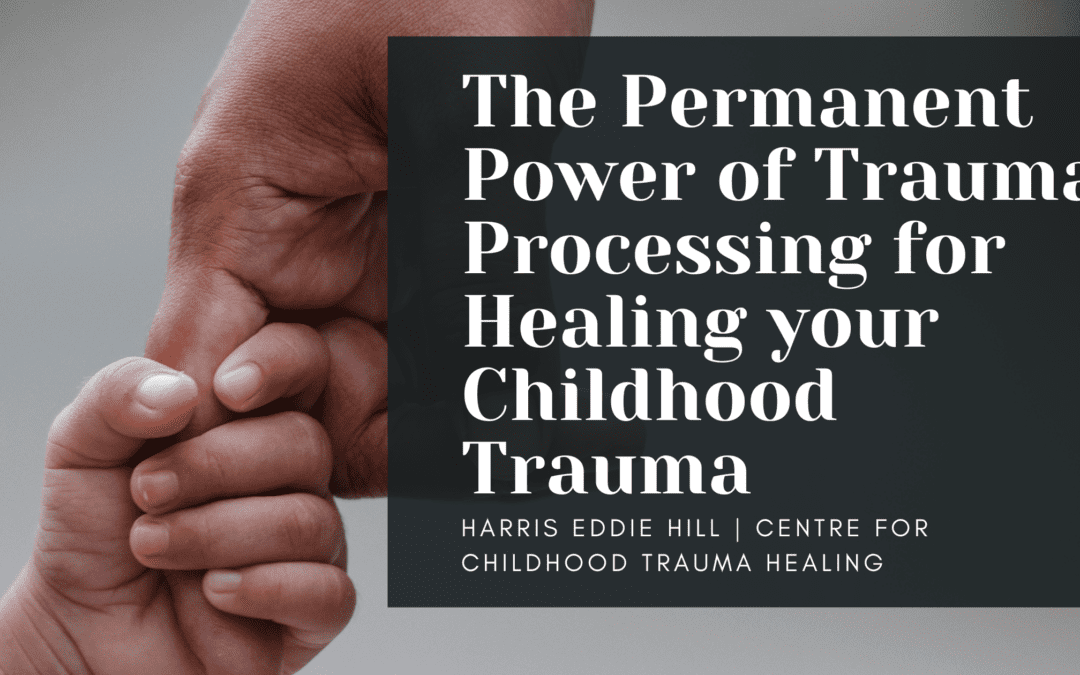The Permanent Power of Trauma Processing for Healing your Childhood Trauma
The difference between you perfecting your trauma management and never having to think about it ever again (unless you want to) is trauma processing.
I spent twenty years with extreme, untreated PTSD. It was healed in two hours, but it wasn’t magic. I didn’t have to drink unicorn tears or find the end of a rainbow. And I’m going to tell you exactly how it happened.
After asking everyone I could find if they could help me, and getting the same blank or sympathetic looks, it became increasingly obvious that no one believed that this kind of healing was possible. And I reluctantly resigned myself to managing as best I could.
But then – and I guess this is the only bit of magic that really did happen – I went to a new therapist about some anxiety. I knew her through my business networking and we’d already worked together in other ways. After we’d been through the assessment, she asked, ‘and what would you like to do about your PTSD?’
Slightly confused at the question, I said, ‘well…I manage it as well as I can. What else can we do about it?’
‘Well, we can get rid of it if you want?’
I was gobsmacked. She was the first person I’d asked for help who said she could help me to heal from it. I just about bit her hand off! I wanted to start it then and there; I’d have given anything to be rid of something that had me lock myself in cars or bathrooms when I was triggered, crying as if I was right back ‘there’ again. As if it was happening now.
‘We need to do some preparatory work first,’ she informed me. A year later, once we’d gone through my life, topic by topic, relationship by relationship, it was finally time.
I was nervous, I didn’t know what to expect, and I still had no idea what on earth it was that we were going to be doing, let alone if it would even work. I had nothing to lose, though. She guided me to a safe moment, after the first incident. I was ten years old, staring out of a bedroom window in a Portuguese holiday villa. Alone. The morning after the Strange Thing had happened.
And then ensued a conversation, in the universe in my head, between my adult self, and this 10-year-old version of me. Little me had so many questions, so many feelings, and needed comfort. I offered little me all I could; I was the adult little me needed in that moment but didn’t get. We talked together until the talking was done, all the while, my therapist was tapping points on my body to diffuse the emotion.
Once little me and I had come to the end of our conversation, I took them to a safe place where they could play and be a child again, no longer guarding the memory, free to be a child again in this safe place.
The tears and snot that came out of me were like a magician’s hanky; they just kept coming, and coming, and coming. It’s important to mention that I wasn’t triggered, it was a mountain of emotion that had been waiting to come out for all those years. The unfortunate repeats of the same trauma, but committed by different people over the years, the grief at the protection I didn’t have, but needed, the pure love I had for myself and that little me. I had the most gargantuan appreciation for child, teeanged, and 20-something me; the enormity of what I’d lived with, persevered through, and suffered really hit me.
Still to this day, the only feeling that comes up for me now when I think about this journey and what I suffered, is the love I have for myself, at every age. Even during the least of my finest moments.
All that is left is love.
So what now?
This process was so revolutionary for me, that I went back again a few years later to heal my complex PTSD (cPTSD) over the space of several months, and in between both processes I began training in similar modalities so that I could begin to help people to do the same.
Don’t get me wrong, good therapy is worth its weight in gold. But in my experience it only addresses the first stages of healing. Unless the individual therapist has gone on to do further training in trauma processing, it’s unlikely they’ll be able to help you to do the next part of actually healing your trauma.
I don’t want you stuck in an endless loop of talking about your trauma if you’re actually ready to move onto the next phase. And the fantastic news is that this phase is remarkably shorter than the first. Why? Well, because healing can happen just as quickly as the trauma did. It only takes a new experience to rewire your brain. It doesn’t mean you completely forget what happened, it just becomes an old memory, with far less emotional charge.
With complex trauma, such as childhood trauma, you will likely need coaching around your relational habits, the way you think about things like love and breakups, changing your rejection sensitivity to a grounded consideration of compatability, and so many other things. And yes, there’ll be some trauma processing in there, too, with some inner child work for good measure. But interestingly, that’s not the majority of it.
Are you ready to say goodbye to your relational trauma for good?
Watch the webinar right now where I'll teach you what to look for in a practitioner, how trauma healing works and answer audience questions.
Take me to the webinar!








